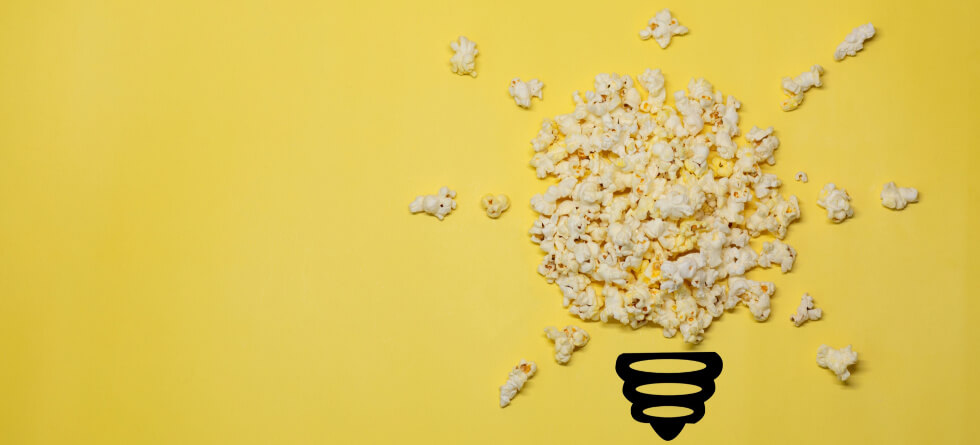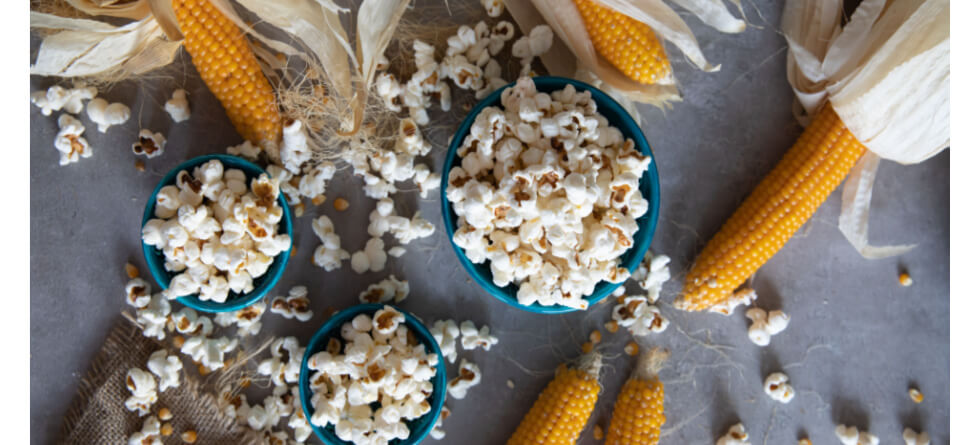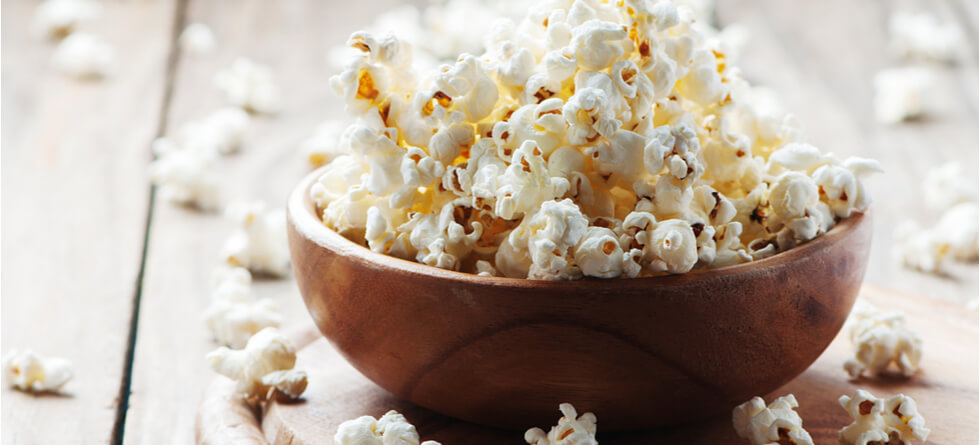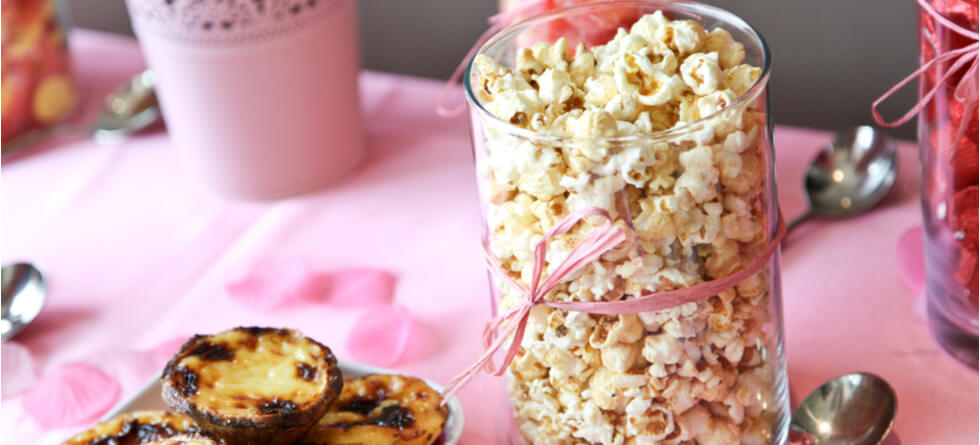Almost everyone has tried popcorn at least once in their lifetime. And for many people, popcorn is one of favorite snacks – research says that US consumers devour 60 billion cups, or 17 billion liters, of popcorn each year.
This crunchy, delicious snack is simple to make and ideal for any occasion, whether you enjoy it at the movies or have recently discovered a healthy popcorn diet. So, here are some popcorn facts you might not have known to help you enjoy your favorite snack with more knowledge.
Is Popcorn a Junk Food?
Many people mistake popcorn for junk food, but it can be a healthy snack depending on how it is prepared. Because it is high in fiber, vitamins, and minerals, many people use popcorn as a healthy substitute for empty-calorie snacks.
However, the method of popcorn preparation is critical to consuming popcorn as a healthy snack. Healthy popcorn can be made by air-popping or cooking it in a bit of avocado, walnut, or extra virgin olive oil.
Cooking popcorn in oil significantly impacts its fat content. For example, a cup of air-popped popcorn contains 31 calories, compared to 41 calories in a cup of oil-popped popcorn, according to the United States Department of Agriculture (USDA).
Regular popcorn with seasonings such as salt, cheese, butter, kettle popcorn, and gourmet popcorn has many more calories.
How Do You Make Popcorn?
Most people microwave popcorn at home. You can use ready-made microwave popcorn for popping kernels in the microwave. Or place the kernels in a large microwave-safe glass container with a tight-fitting lid, a brown paper lunch bag, or a popcorn stasher bag.
You can, however, use a popcorn popper or make popcorn on the stove by air-popping it or frying it in oil. Simply use a large pot with a lid and heat the kernels on the stovetop until they pop.
What Are the Benefits of Popcorn?
The health benefits of popcorn are impressive. Popcorn is a low-calorie, fat-free snack that belongs to the whole grain family. It contains a variety of essential nutrients, such as:
- Fiber
- Proteins
- Vitamins (B1, B3, and B6)
- Minerals (iron, zinc, potassium, copper, magnesium, and phosphorus)
At the same time, popcorn is low in sugar and contains no cholesterol. As a result, popcorn can help your heart health and lower your diabetes, inflammation, and hypertension risk.
Popcorn also contains phenolic acid. This is a type of antioxidant. A diet high in antioxidants can lower the risk of heart disease, cancer, and other diseases because antioxidants prevent or reduce oxidative damage by hunting free radicals from body cells.
Finally, popcorn’s low caloric content makes it a valuable tool in the fight against obesity. Popcorn, when consumed in moderation as a snack, can help you avoid weight gain.
What is Popcorn Made Of?
Popcorn is made from small, hard kernels of corn. Because each grain contains water, heating them to a high enough temperature converts the moisture inside the kernels to steam, increasing the pressure inside the unbreakable kernel shell. Steam is released when the external kernel shell cracks, releasing the soft inner flake, causing the characteristic popping sound.
How Do You Make Healthy Popcorn?
If you want to make healthy popcorn, plain, air-popped popcorn is a great option. Sprinkle a pinch of salt, cocoa powder, chili flakes, or cinnamon over your popcorn to add flavor without adding sugar or fat.
Another healthy preparation option would be making popcorn on the stovetop using coconut, avocado, walnut, or extra virgin olive oil. If you want to make healthy popcorn or include popcorn in your weight loss plan, avoid kettle corn, butter, and microwave popcorn in favor of lighter and healthier toppings. If you want to make healthy popcorn, avoid kettle corn, butter, and microwave popcorn in favor of lighter and healthier toppings.
Who Invented Popcorn?
Popcorn is thought to be an ancient snack that originated in the Americas; coastal regions.
There are some indications that people in the coastal regions of Peru consumed popcorn 6,700 years ago. Corn was domesticated from a wild grass in Mexico nearly 9,000 years ago and spread throughout Central and South America.
However, the first popcorn is often linked to Charles Cretors of Chicago. Cretors, who invented the mobile popcorn cart in 1885, is widely regarded as the modern-day inventor of popcorn. Charles Cretors obtained a vendors license and began selling popcorn outside his Chicago shop in December 1885.
In 1893, he came up with the first popcorn machine capable of popping corn in oil. Soon after, Cretors patented his invention. Then, he took it to the Worlds Columbian Exposition, where he introduced the popcorn machine to the public.



